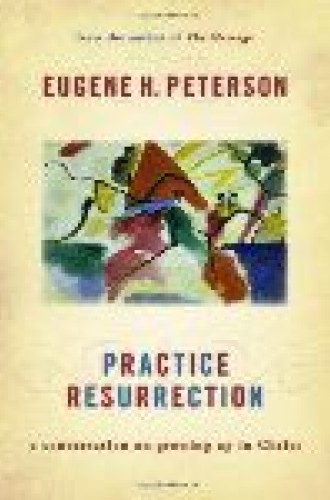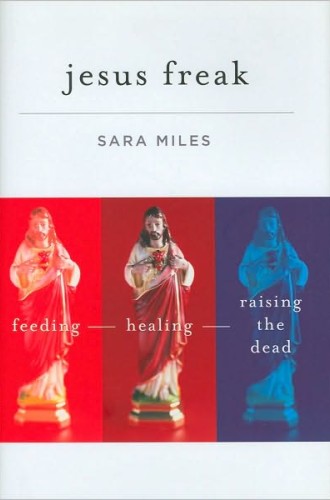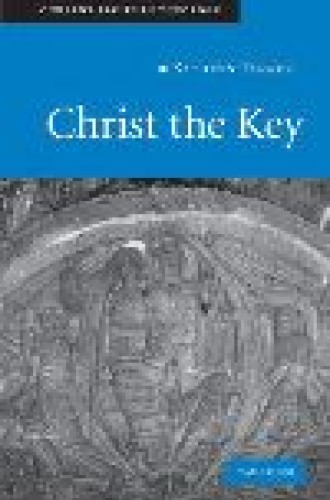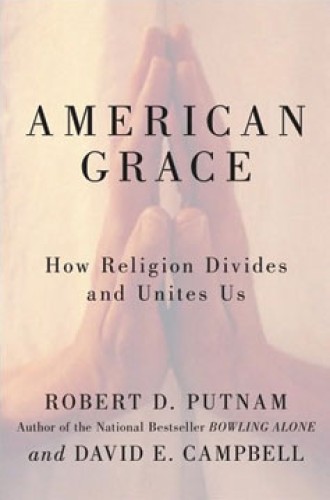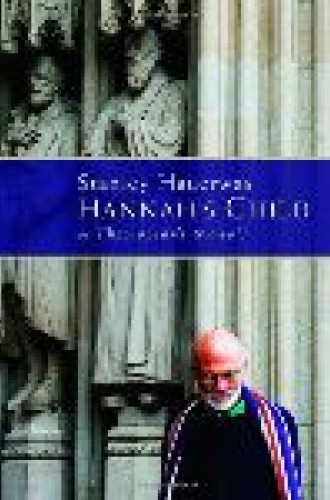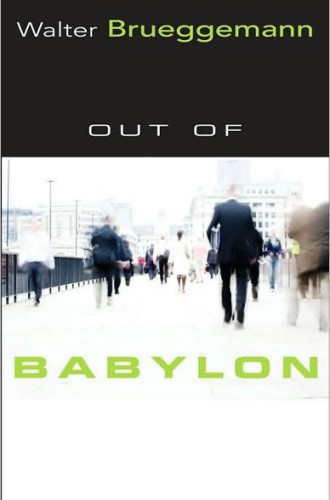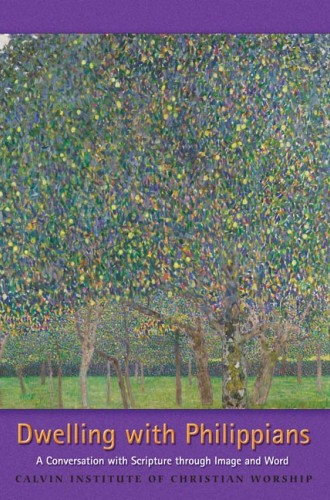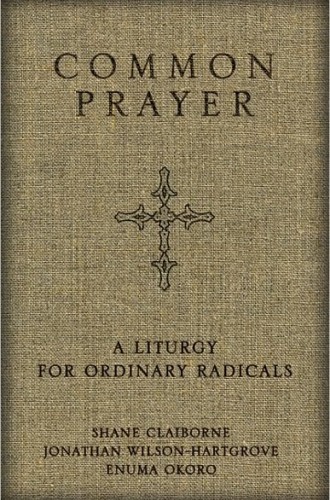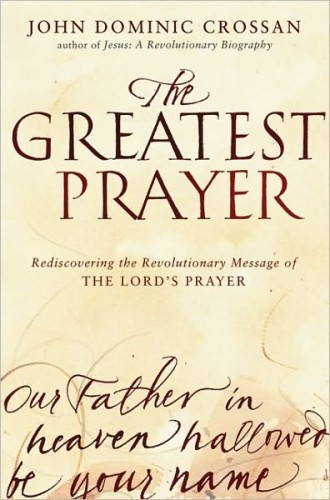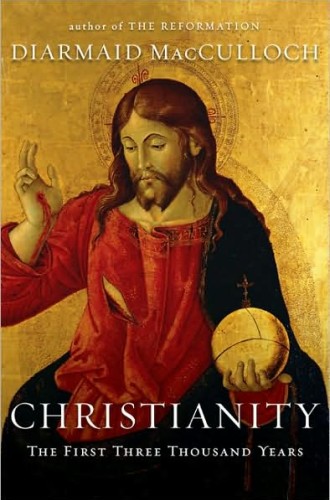CC recommends: Theology & spirituality
Eugene H. Peterson, Practice Resurrection: A Conversation on Growing Up in Christ. Every volume by Peterson is a gift of pastoral and biblical wisdom. This book, centered on the letter to the Ephesians, is about getting beyond the rhetoric of "new life in Christ" and beyond disappointment with the church to focus on how to develop a mature faith. "Maybe the church as we have it provides the very conditions and proper company congenial for growing up in Christ, for becoming mature, for arriving at the measure of the stature of Christ. Maybe God knows what he is doing, giving us church, this church."
Sara Miles, Jesus Freak: Feeding, Healing, Raising the Dead. Like her previous book, Take This Bread, this volume is grounded in Miles's work at a church food pantry, where she's continually reminded of the sacramental quality of sharing food. Miles sometimes feels like a fundamentalist among her liberal Christian friends, because she can't stop talking about Jesus and his presence amid the broken lives she encounters. "Jesus keeps calling us to share in God's work of touching, healing, feeding, and mercy: not in some imaginary or theoretical way, but physically, in order that resurrection can happen."
Kathryn Tanner, Christ the Key. Tanner's deep knowledge of Catholic and Protestant sources leads to a powerful restatement of the centrality of Jesus Christ for Christian thought. She presents Christ as the model and the means for how God's image is impressed on human lives and for how Christians come to share in the life of the Trinity. Tanner's work is not easy reading, but her theological scope is impressive as she describes the relation of nature and grace and the meaning of the incarnation and the cross.
Diarmaid MacCulloch, Christianity: The First Three Thousand Years. This monumental work on Christianity, companion to a six-part BBC series, focuses less on church history and more on the faith of common believers. The subtitle isn't a misprint: MacCulloch begins with an account of Christianity's religious and cultural roots. While the book moves toward a global rather than a Euro-American perspective, the book still provides a robust history of Catholic, Orthodox and Protestant traditions. (See the review in this issue.)
Robert D. Putnam and David E. Campbell, American Grace: How Religion Divides and Unites Us. This comprehensive portrait of religion in the U.S. since the 1960s shows Americans to be religiously diverse, religiously devout and religiously tolerant—an unusual combination. Religious intermingling fosters the tolerance, the authors argue. Yet there is a religious divide that expresses itself in the public square. Among the more striking findings is the rising number of young adults who have left formal participation in religion. Overall, the number of "nones," people who claim no religious affiliation, is growing sharply.
Stanley Hauerwas, Hannah's Child: A Theologian's Memoir. Hauerwas has a compelling story to tell, and he tells it well. He grew up as the son of a Texas bricklayer and went on to teach at one of the most highly regarded divinity schools and to be named by Time magazine the "best theologian in America." The reader learns how a Methodist from Texas became a "high church Mennonite" and an outspoken proponent of Christian pacifism. One of the book's more poignant features is Hauerwas's account of his first wife, who was mentally ill and apparently abusive, and the efforts he made to assure his son a healthy upbringing.


